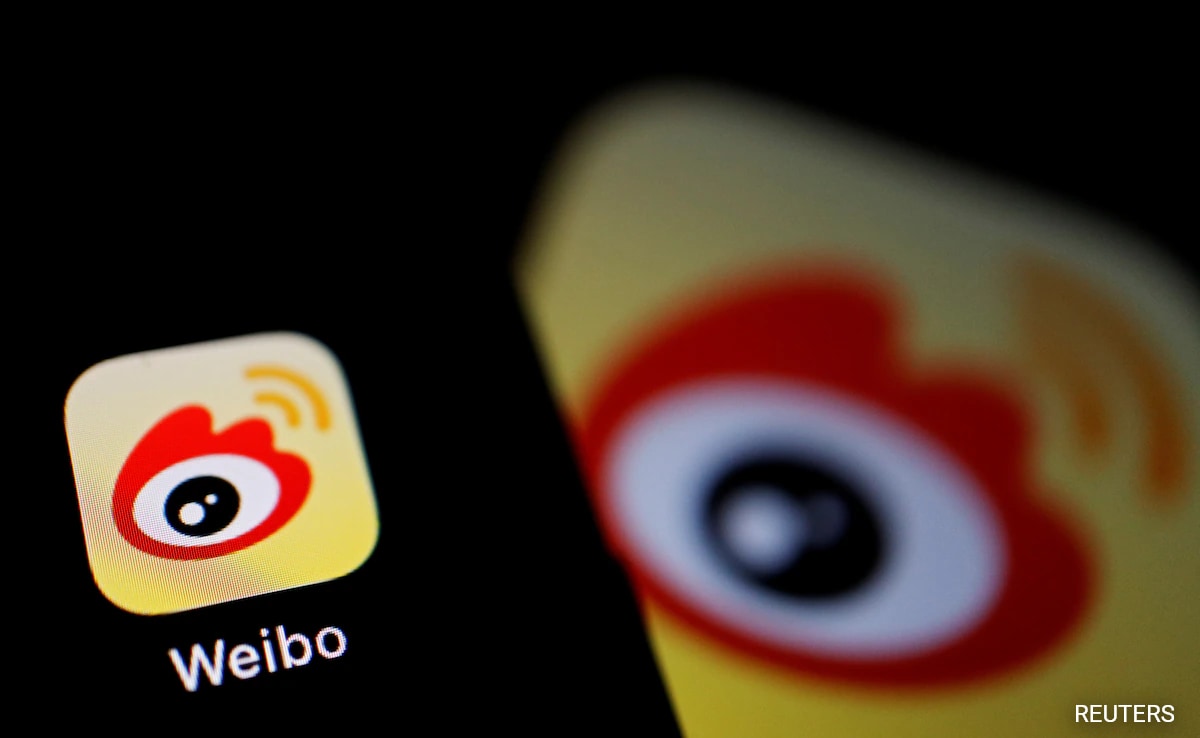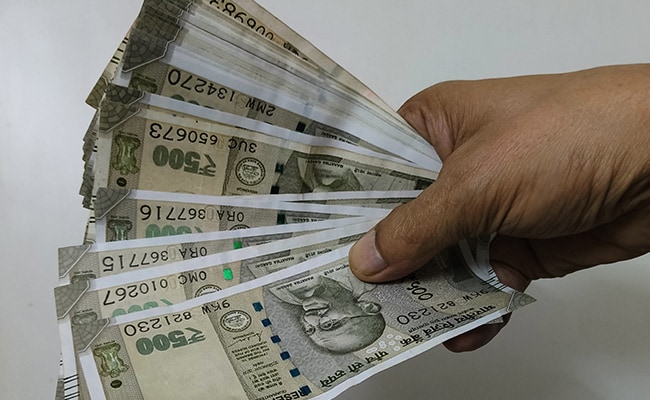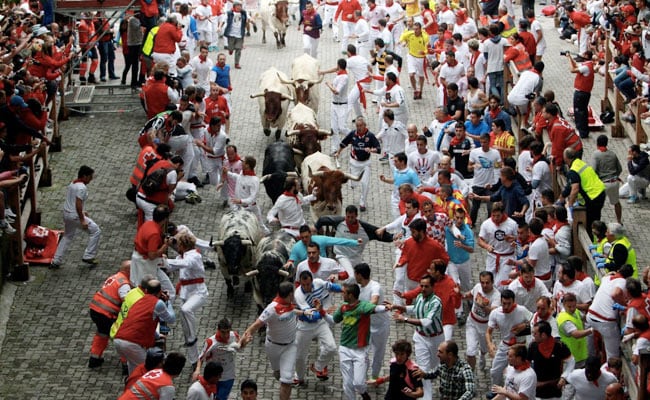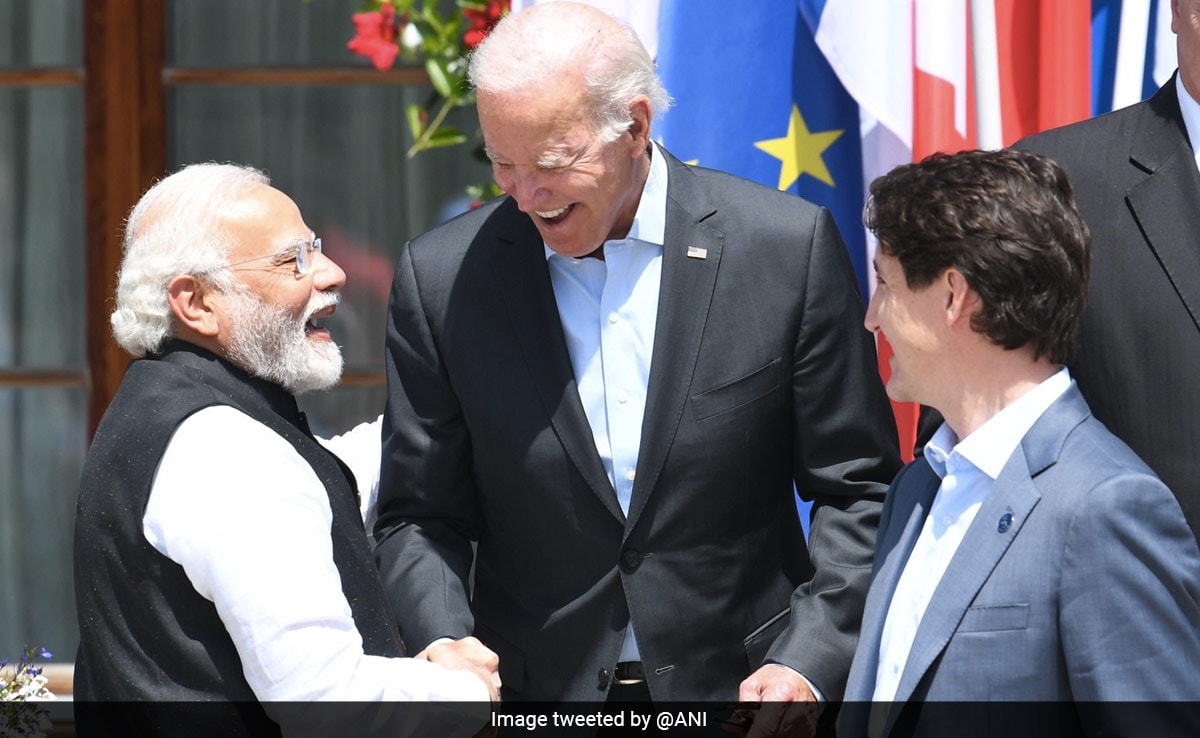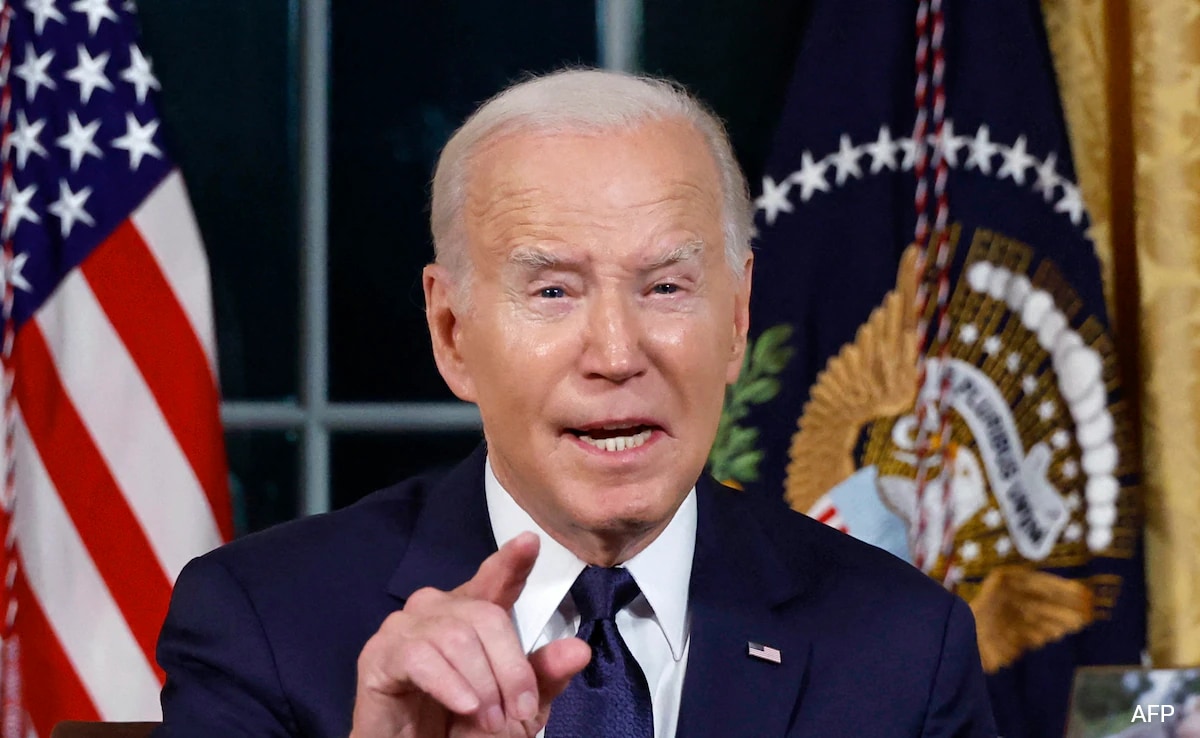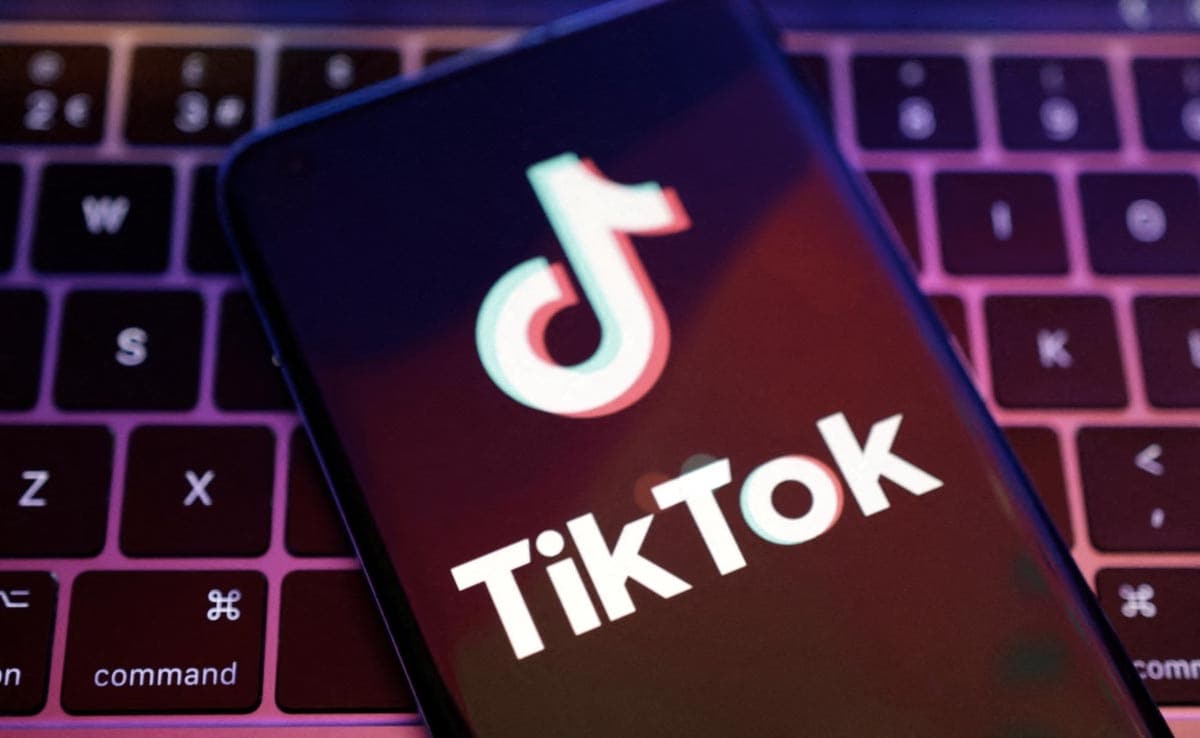File picture of Israeli Prime Minister Benjamin Netanyahu
| Photo Credit: REUTERS
Israeli Prime Minister Benjamin Netanyahu urged Elon Musk to strike a balance between protecting free expression and fighting hate speech at a meeting on Monday after weeks of controversy over antisemitic content on Mr. Musk’s social media platform X.
Earlier this month, Mr. Musk attacked the Anti-Defamation League, accusing the nonprofit that works to fight antisemitism of primarily causing a 60% decrease in U.S. ad revenue at X, without providing evidence.
Mr. Musk bought the platform, then known as Twitter, in October.
Mr. Musk previously joined a conversation on X with the hashtag #BantheADL, engaging with users who expressed white supremacist views, and asked followers whether he should poll the platform about banning the ADL.
“I hope you find within the confines of the First Amendment, the ability to not only stop antisemitism… but any collective hatred of a people,” Mr. Netanyahu said during the meeting that was broadcast live on X from Tesla’s factory in Fremont, California.
“I know you’re committed to that… but I encourage and urge you to find a balance,” Mr. Netanyahu said.
Mr. Musk responded by saying he was against antisemitism and against anything that “promotes hate and conflict,” repeating his previous statements that X would not promote hate speech.
Mr. Musk has said X should be a platform for people to post diverse viewpoints, but the company will limit the distribution of certain posts that may violate its policies, calling the approach “freedom of speech, not reach.”
The billionaire, who also runs Tesla and SpaceX, noted that he received more pushback from Tesla employees about the meeting with Mr. Netanyahu than “anything else I’ve ever done.”
Mr. Netanyahu and his nationalist-religious coalition are trying to limit some of the Israeli Supreme Court’s powers, arguing it is necessary to prevent political overreach by unelected judges.
Opponents say the changes could encourage corruption and abuses of power by removing effective oversight, and the issue has split Israeli society and raised concerns over Israel’s democratic health.
About 200 people protesting the judicial overhaul gathered outside Tesla’s California factory, where the event was held.
Mr. Musk and Mr. Netanyahu also discussed how to harness the benefits of the rapid advancement of artificial intelligence, while limiting the risks to society, a concern Mr. Musk and others in the tech industry have raised in recent months.
“We stand today at a juncture for all humanity, where we have to choose between a blessing and a curse,” Mr. Netanyahu said, adding that AI could advance medicine but lead to risks like disrupting democracy.
Israel is considered a world-leader in AI, thanks to burgeoning computing and robotics industries that draw on talent developed in the technologically advanced conscript military.
Foreign investment in Israeli tech startups has plunged in the last year, partly due to a global slowdown and exacerbated by investor fears that the push to trim the Supreme Court’s powers would remove a key check and balance.
With foreign flows down sharply, the shekel has weakened by more than 8% versus the dollar this year.

